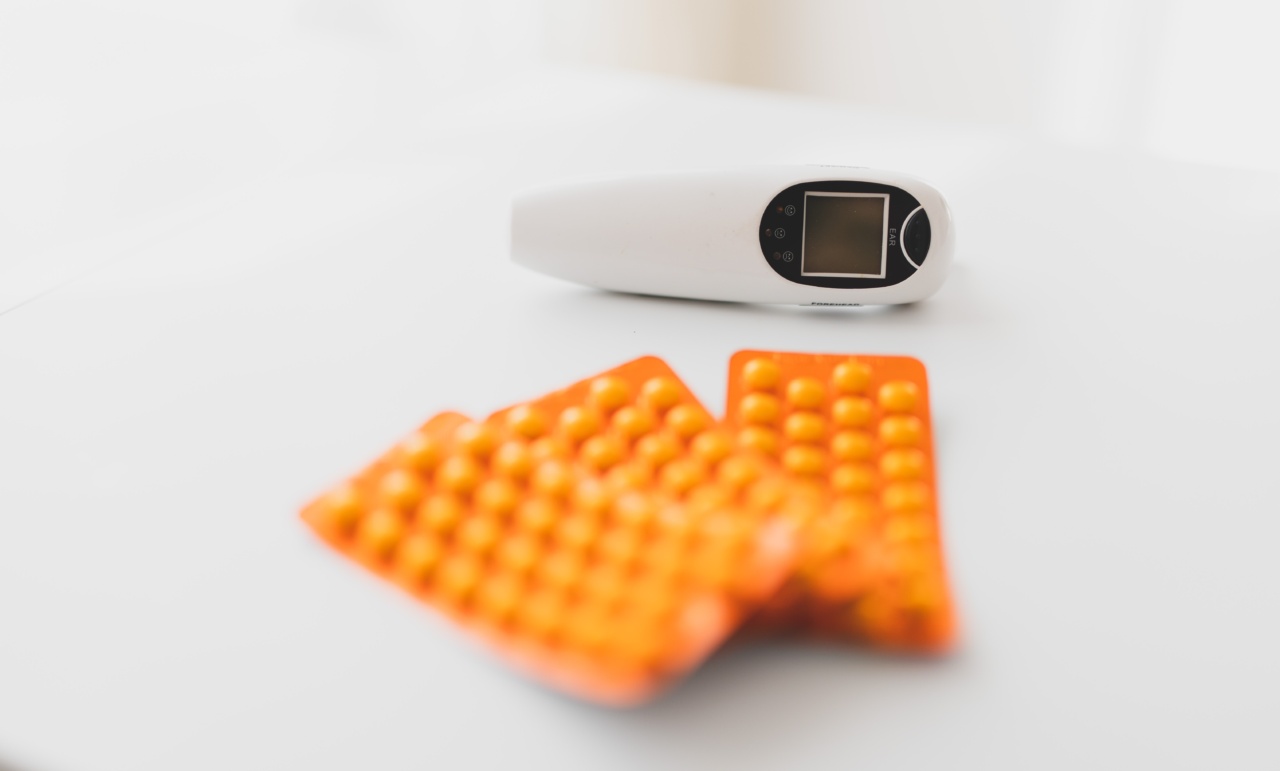Cold is a common ailment that affects millions of people every year. It is caused by various viruses that can be easily transmitted from person to person through the air or by touching contaminated surfaces.
The symptoms of a common cold include a runny or stuffy nose, cough, sore throat, body aches, and fatigue. Although a cold can be a nuisance, it is usually not serious and can be treated at home with simple remedies. In this article, we will discuss some quick remedies that can help alleviate the symptoms of a cold.
Rest and Hydration
Rest and hydration are essential when you have a cold. You need to give your body enough time to fight off the virus and recover. Make sure you get plenty of fluids, especially water, to keep yourself hydrated.
Drinking plenty of fluids can help loosen the mucus in your chest and nose, making it easier to breathe and clear your air passages. Avoid caffeinated drinks and alcohol, as they can dehydrate you.
Steam and Salt Water Gargle
Steam can provide relief from congestion. You can inhale steam by taking a hot shower or by using a vaporizer. Another way to use steam is to fill a bowl with hot water and place your face over the bowl, covering your head with a towel to trap the steam.
Add a few drops of essential oil, such as eucalyptus or menthol, to the water to help clear your airways. Gargling with salt water can also help relieve a sore throat. Mix a teaspoon of salt in a glass of warm water and gargle with it several times a day.
Nasal Irrigation
Nasal irrigation is another effective way to clear your nasal passages. You can use a bulb syringe or a neti pot to irrigate your nose.
Fill the syringe or pot with a saline solution, tilt your head to one side, and gently insert the spout into one nostril. Squeeze the syringe or pour the solution from the pot into your nostril. The solution will flow through your nasal passages and out the other nostril, clearing out mucus and irritants.
Herbal Remedies
Herbal remedies can help relieve the symptoms of a cold. Echinacea is a popular herb that can boost your immune system and help fight off viruses. You can take echinacea in the form of tea, capsules, or tincture.
Ginger is another herb that can help relieve cough and congestion. You can add fresh ginger to your tea or chew on a ginger candy. Other herbs that can help alleviate the symptoms of a cold include peppermint, elderberry, and garlic.
Over-the-Counter Medications
Over-the-counter medications can also provide relief from the symptoms of a cold. Pain relievers, such as acetaminophen or ibuprofen, can help relieve aches and pains, as well as reduce fever.
Decongestants, such as pseudoephedrine or phenylephrine, can help reduce congestion by shrinking the blood vessels in your nose. Antihistamines, such as diphenhydramine or cetirizine, can help relieve sneezing and runny nose.
However, it is important to read the labels and follow the instructions carefully, as these medications can cause side effects, especially in children and people with certain medical conditions.
When to See a Doctor
Most colds can be treated at home with simple remedies and usually resolve within a week or two. However, in some cases, a cold can lead to complications, such as sinusitis, bronchitis, or pneumonia.
You should see a doctor if you have any of the following symptoms:.
- Fever higher than 101.5°F
- Chest pain or difficulty breathing
- Persistent cough lasting more than two weeks
- Yellow or green mucus
- Earache
It is better to be safe than sorry, and if you have any doubts about your symptoms, seek medical attention.
Conclusion
A cold can be an unpleasant experience, but it is usually not serious and can be treated at home with simple remedies.
Rest and hydration are essential, and you can also use steam, salt water gargle, nasal irrigation, herbal remedies, and over-the-counter medications to relieve the symptoms of a cold. However, if you have any concerns or symptoms that persist, it is important to see a doctor. With the right care and attention, you can recover from a cold quickly and go back to your daily routine.





























